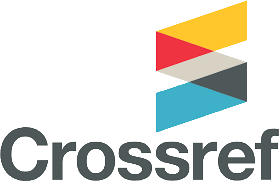Methods For Diagnosis and Therapy Based on Artificial Intelligence and Covid-19 Deep Learning
Abstract
The COVID-19 epidemic has placed the whole globe in an unprecedented tough position, putting life to a standstill and taking thousands of lives all across the planet. COVID-19 is a genuine danger to the public health system since it has spread to 212 nations and territories, with a growing number of infected patients and death tolls of 5,212,172 and 334,915 (as of May 22 2020). This study proposes an Artificial Intelligence-based solution to tackle the infection (AI). Some Deep Learning (DL) approaches, such as Generative Adversarial Networks (GANs), Extreme Learning Machine (ELM), and Long/Short Term Memory, have been shown to achieve this aim (LSTM). It outlines an integrated bioinformatics method in which various features of data from a variety of structured and unstructured data sources are combined to provide user-friendly platforms for doctors and researchers. The primary benefit of these AI-based platforms is that they may speed up the detection and treatment of COVID-19 illness. The most current relevant articles and medical reports were studied with the goal of selecting network inputs and targets that might aid in the development of a viable Artificial Neural Network-based solution for COVID-19 problems. Furthermore, each platform has certain unique inputs, such as distinct types of data, such as clinical data and medical imaging, that may help enhance the performance of the proposed methodologies to get the best results in real-world applications.



